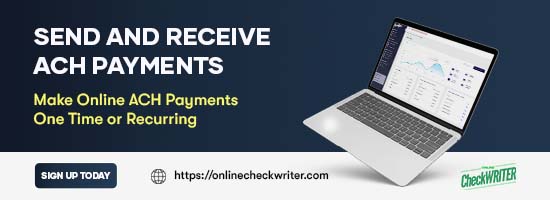If you have not made your federal Stafford, PLUS or Graduate PLUS loan payment in over 270 days, your student loan will be considered in default. What can you do about this to keep your credit from being ruined?
Having a defaulted Stafford, PLUS or Graduate PLUS loan on your credit report will cost you dearly in the long run. The bad mark will mean higher interest rates and credit denials until it is cleared, a minimum of 7 years. Even if you pay the loan in full it will still be marked as defaulted. There is only one way out of this predicament - loan rehabilitation.
Contact your lender and make arrangements to pay back your student loan and you are on your way to a clean credit report. Your lender wants to get paid, and they know the best way for that to happen is to work with you to come up with a payment you can afford. When you reach a satisfactory repayment agreement with your lender stick to it!
After nine full payments on your defaulted Stafford, PLUS or Graduate PLUS loan made within twenty days of their due dates (twelve full payments for Perkins loans) your loan will be taken out of default status and your credit record will be clean. These must be voluntary payments. Garnishment or other forced payments do not count. As soon as your default status is cleared you will be free to consolidate your loans and lower your payments even more.
While you may be able to consolidate after three consecutive payments your loan will not be taken out of default status. This will be marked on your credit record as "defaulted, paid in full" and still considered a black mark so loan rehabilitation before consolidation is mandatory for a clean credit history.

 2
2 3
3 4
4 5
5 6
***
6
***
 7
***
7
***
 10
***
10
***